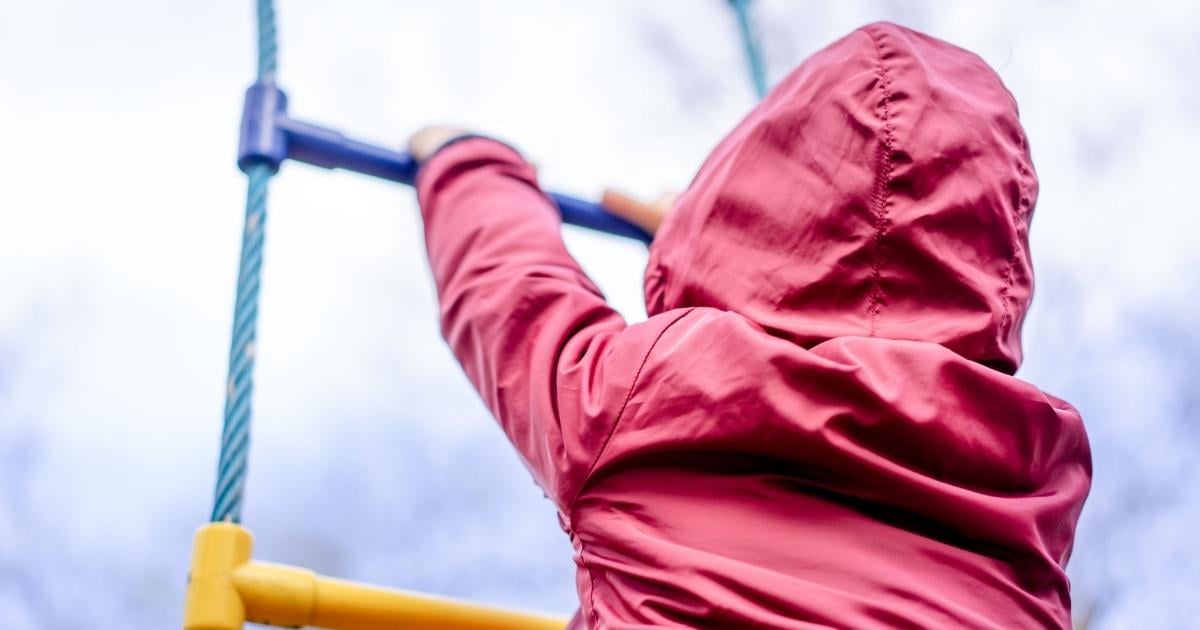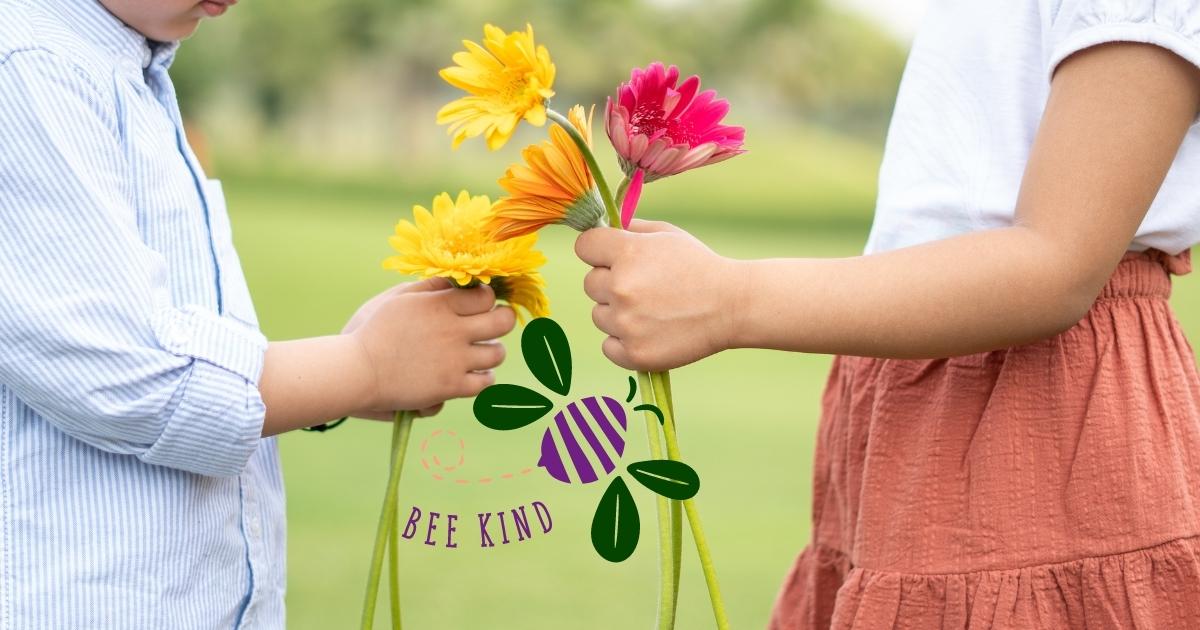Fostering Empathy in Kids
Fostering kindness and empathy in children is essential in a world that occasionally feels cold and distant. In addition to encouraging healthy relationships, teaching kids to respect and care for the feelings of others also helps them feel better emotionally.
So what is empathy? The term "empathy" is used to describe a wide range of experiences. Emotion researchers generally define empathy as the ability to sense other people's emotions, coupled with the ability to imagine what someone else might be thinking or feeling.[1] Here are the top three ways to foster empathy in kids.
Empathy through storytelling
One effective strategy is to use stories to help kids develop empathy. Children can have a better knowledge of other people's viewpoints by choosing books from various genres, talking about the characters' emotions, delving into moral quandaries, and sharing examples of empathy from real life.
Fostering empathy in youngsters is made possible by encouraging storytelling and perspective-taking. After finishing a book, children can apply what they learned about kindness and compassion to their lives by having dialogues and reflecting on what they read. Children can develop empathy and understanding while learning to connect with others on a deeper level through these storytelling experiences.

Empathy Through School
To raise compassionate and socially engaged kids, schools must support the teaching of empathy. This can be accomplished by incorporating empathy into the curriculum, putting empathy-building activities into place, creating a positive learning atmosphere in the classroom, offering social-emotional learning programs, and giving instructors empathy education training.
Empathy is emphasized in schools because it helps students understand and sympathize with others, which allows them to resolve issues amicably and positively impact their communities. This investment in empathy education fosters a more compassionate and peaceful society, which raises a generation of kindhearted people capable of navigating the world's difficulties with understanding and kindness.

Empathy Through Social Media
Children's empathy development can be promoted through social media. Encourage satisfying online relationships and digital empathetic behavior while educating students to consider their actions before publishing or leaving a comment.
Participate in compassionate efforts such as fundraising or awareness-raising initiatives. Emphasize providing positive content and teach responsibility. Encourage them to join online forums that foster human empathy and face-to-face interactions.
By assessing facts and participating in civil discourse, you encourage critical thinking. Social media can foster empathy, connections, and positive change by educating kids in these ways. If we work together, we can foster a more understanding and sympathetic online environment for children.

Empathy through activities
We can encourage children to develop this crucial talent and create a more compassionate and empathetic society by giving them regular opportunities to practice empathy. Here are some more activities: role-playing scenarios, volunteer or community service, reflection or journaling, cultural exchange, and random acts of kindness.
Children can improve their empathy abilities, better understand other people's viewpoints, and help create a more understanding and compassionate society by participating in these activities. With the aid of these activities, kids can learn how to empathize actively and have a beneficial influence on the environment around them.

Children are given the skills to manage their emotions and make a big difference when kindness and emotional well-being are fostered. By encouraging empathy in kids, we provide them the skills to create wholesome relationships, settle disputes amicably, and positively impact the world.
Choosing a healthy plant-based and vegan diet is most beneficial when it comes to:
-
Higher levels of energy;
-
Improved sleep;
-
Aids in energy and overall happiness;
-
Provides a sense of comfort and relief;
-
Could prevent major diseases such as obesity and diabetes;
-
Accomplish weight-loss and management; and
-
Improves mental and cognitive functioning.
There are really no excuses not to try healthier habits in your everyday life. If you are a man or woman looking for specific benefits of adopting healthier habits or just want to know about the general healing properties of herbs. Please remember to comment or post any health questions, or contact us directly!
Also feel free to share any of your favorite recipes to make and share it with the Assuaged community on our ➡️ Share A Recipe ⬅️ page!
















